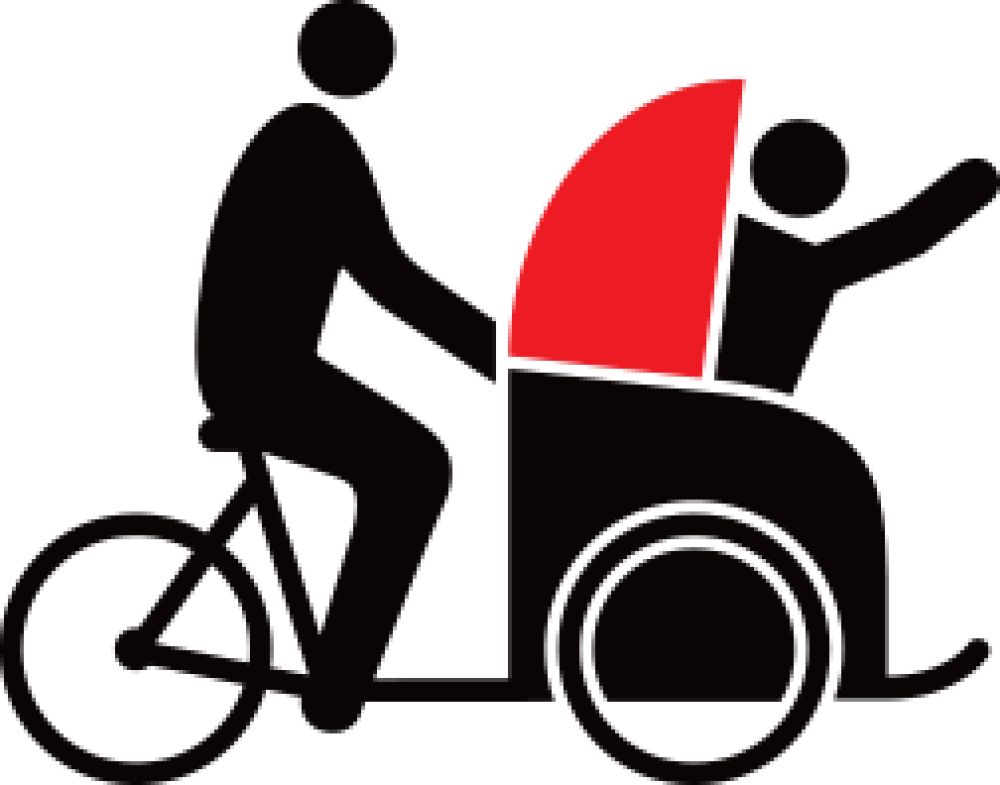by Kristine A. Schaan, MA, NHA, CPG
CWA’s Contribution to the UN Sustainable Development Goals
I would like to invite you to ponder the following question: in the context of humanity, what is your future outlook on the world? When you look ahead is your natural inclination that of an optimist or pessimist? Perhaps you lean towards the latter, given the state of overwhelmingly negative news and current events. Perhaps your demeanor is naturally positive, holding resilience that can forge through waves of unfavorable news with resounding hope. Perhaps you find this a difficult or even fanciful question to answer. Or, perhaps the more important, pragmatic question is can we even make the world a better place and if so, how?
The UN Sustainable Development Goals: A Blueprint For Success
I write here as a social evangelist to share the good news: it is indeed possible to make the world a better place and efforts are currently underway to measure both progress and impact. These efforts were convened in 2015 through the United Nations General Assembly and are more commonly referred to as the sustainable development goals (SDGs). The SDGs encompass 17 goals addressing global challenges which include those related to: poverty, inequality, education, environment degradation, health and well-being, social justice, and urbanization. A staggering 193 countries have committed to working towards meeting the 17 goals by 2030[1].
In their simplest form, the SDGs reflect social progress necessary to make the world better. The implementation design leverages participation from local organizations and institutions, thereby mobilizing community to take action. Indeed, community development is best driven by communities themselves. Individual companies can align their efforts to crosswalk with relevant SDGs and make changes within their reach. SDGs are also serving as a means to inform new policy directions. The goal is to enable a range of stakeholders to take collective action towards overcoming these global challenges.
What Actually Makes the World Better?
A meaningful conversation about implementation and goals must also consider the practical what: what actually makes the world better? And how can this be measured? Despite mainstream efforts and emphasis on GDP, present day economic growth is proving more and more limited in its ability to make the world a better place. For the answer, we look to the Social Progress Index (SPI) which asks three fundamental questions about a society: Are basic human needs met? Does everyone have the building blocks of a better life – education, health and a sustainable environment? Does everyone have the opportunity to improve their lives through rights, freedom of choice, and freedom of discrimination?[2]
The SPI sums all the dimensions and components using 52 indicators to create an aggregate score for a given country on a scale of 0 and 100, with higher scores more favorable. SPI directly aligns with the goals the UN is trying to achieve. Experts project that achieving a global weighted average of 75 out of 100 on the index by 2030 will reflect substantial social progress to achieve the SDG targets set forth. By way of comparison, the global weighted average was reported at 61 out of 100 in 2015[3].
Cycling Without Age’s Contribution to Sustainable Development
An illustration of sustainable development in the context of social progress has been presented to deepen your understanding that indeed the world can become a better place and moreover, it can be measured. This understanding is imperative as organizations globally continue to commit towards achieving the SDGs.
As a non-profit and social enterprise, we at Cycling Without Age (CWA) believe that every person has the right to wind in their hair. At our core, we serve seniors and others with limited mobility by means of a trishaw ride. Our trishaw is power-assisted and specifically designed for seniors. While seemingly simple, a trishaw ride can have a meaningful and lasting impact on both the passenger and the pilot (cyclist).
CWA is proud of our commitment to the following SDGs: good health and well-being (no. 3), reduced inequalities (no. 10), sustainable cities and communities (no. 11), and partnerships for the goal (no. 17). Our CWA Singapore chapter has been engaged with Steward Redqueen throughout the past several months, serving as our industry expert and guiding us through our capacity to contribute to the SDGs. In tandem with Steward Redqueen, we recently completed our first impact study.
Join us for our subsequent four-part articles series where we will bring to light our concrete contributions towards reaching each of the SDGs. We will also present findings from our first ever impact study revealing that indeed, a trishaw ride is making the world a better place.
[1] https://www.un.org/sustainabledevelopment/sustainable-development-goals/
[2] https://www.socialprogress.org/
[3] Social Progress 2016 Index Report
About our partner: Steward Redqueen is a specialized consultancy that works across the globe advising organizations on impact and sustainability. Their vision is to make business work for society. Steward Redqueen focuses on integrating sustainability, quantifying impact, and facilitating change.



